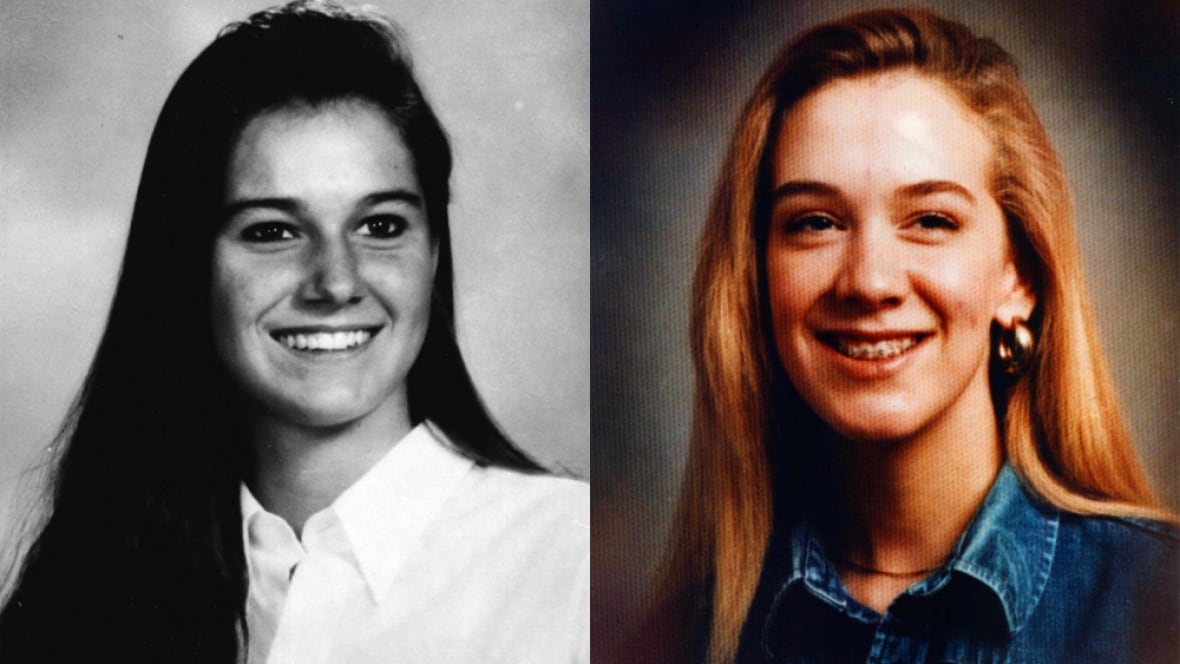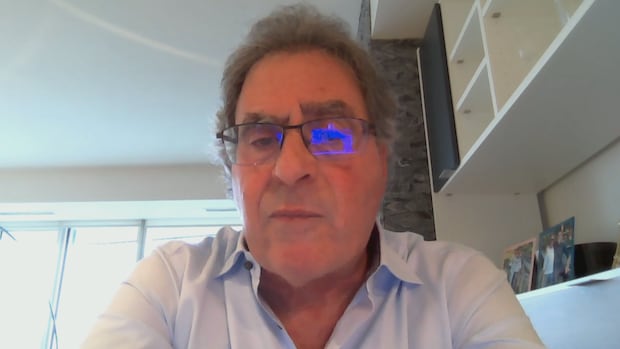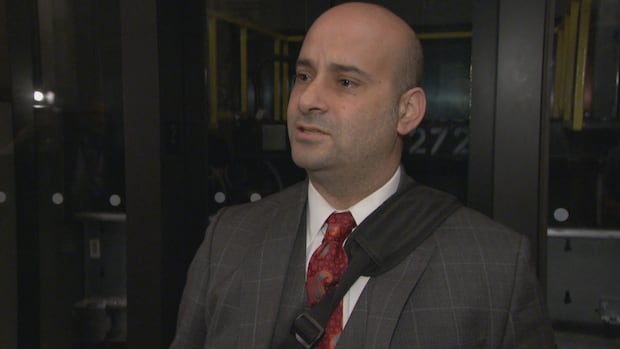Opinion & Analysis
Author: anonymDate: 2024-11-21 14:57:08
Panel reviewing release considers permitting relatives of victims to confront Paul Bernardo at hearing
Decision to block mothers from attending in person sparked outrage
The Canadian Parole Board states it will endeavor to accommodate the families of Kristen French and Leslie Mahaffy – adolescents who were subjected to torture and murder by Paul Bernardo – enabling them to directly address their daughters' killer next week. This rapid about-face follows considerable public condemnation after the families' legal representative revealed late Tuesday that the victims' mothers had been prohibited from delivering their victim impact statements in person at Bernardo's upcoming parole review. Tim Danson, long-standing legal counsel for the French and Mahaffy families, indicated the parole board's justification was an inability to guarantee security. "[The families] are experiencing profound emotional distress. This reawakens everything," Danson told CBC Wednesday morning. He noted the families were able to present their statements in person in 2018, while Bernardo was incarcerated in a maximum-security facility. Bernardo was transferred last year to La Macaza Institution, a medium-security facility in Quebec. "It's deeply unsettling," Danson stated.

In a statement released Wednesday evening, a spokesperson for the parole board indicated the adjudicative body is "working to facilitate the in-person delivery of statements by victims" prior to Bernardo's November 26 hearing. The board refrained from elaborating on the safety concerns it conveyed to Danson. "When scheduling hearings, the PBC must consider a wide array of factors," said spokesperson Iulia Pescarus Popa in a press release. "These might include the board's capacity to accommodate all observers within an institutional hearing room, to ensure the safe proximity of all those in attendance during the hearing, or logistical considerations such as hearing administration." The federal administration has maintained that the parole board functions autonomously. This didn't prevent members of Parliament from voicing their opinions. Defence Minister Bill Blair, a Toronto police officer during Bernardo's string of sexual assaults and murders, expressed disagreement with the board's decision in this instance. "I believe, like most Canadians ... the French and Mahaffy families possess the right to articulate the impact these horrendous crimes have had on their families; they have a right to be heard," he stated. "I would strongly advocate for a reconsideration of that specific determination." Conservative Leader Pierre Poilievre urged federal intervention, accusing the government of reluctance to allow the families to witness Bernardo's current living situation.

“The families of Paul Bernardo's victims are being informed they cannot personally attend his parole hearings, despite having done so previously,” he posted on X. “Is this because the government does not wish for his victims' families to see this offender's lifestyle following his relocation from a maximum-security facility?” Parole board prevented victims' families from personally attending Bernardo hearing, lawyer asserts Paul Bernardo reappears before parole board later this month. During a parliamentary exchange Wednesday, Prime Minister Justin Trudeau accused Poilievre of exploiting the families' sorrow for political gain. Earlier that day, Gabriel Brunet, a spokesperson for Public Safety Minister Dominic LeBlanc, stated the minister had been informed by the board's chair, Joanne Blanchard, that the tribunal was reassessing its decision. "Minister LeBlanc has received assurances from the Parole Board chairperson that she is reviewing and exploring all potential alternative approaches to guarantee that the victims have the opportunity to present statements in person," Brunet wrote in an email to CBC News.
Bernardo is 'loving this,' lawyer says
Bernardo is serving a life sentence for the abduction, sexual assault, and murder of southern Ontario teenagers French, 15, and Mahaffy, 14 – crimes he perpetrated with the assistance of his then-wife Karla Homolka. Designated a dangerous offender – a classification reserved for Canada's most violent criminals – Bernardo is improbable to ever be released from prison. Danson has argued for legislative amendments to prevent victims from undergoing the parole board procedure every few years. Until that occurs, he asserted, the families are entitled to confront their daughters' killer in person. Supreme Court will not hear families' long-standing case concerning access to Bernardo documents Corrections head briefed Mendicino's chief of staff weeks prior to Bernardo's prison transfer The Corrections and Conditional Release Act dictates that the board "shall strive to fully comprehend the needs of the victim and their family to attend the hearing and observe its proceedings." The act permits the parole board to restrict attendance if "the security and proper functioning of the institution where the hearing is to be conducted is likely to be negatively impacted by the person's presence." "[The families] do not wish for this to be sanitized through a computer screen," Danson stated. "It's vital that they be present. "Paul Bernardo is relishing this. This is all a spectacle for him, and he profits from the families' inability to deliver their victim impact statements as effectively as they are entitled to do."

Liberal MP Chris Bittle represents St. Catharines, Ont., where French was killed. He deemed the initial decision "utterly unacceptable" and stated it "disregards the victims' suffering and erodes public confidence in the board." Conservative MP Frank Caputo characterized the parole board's determination as "absolutely and unequivocally dreadful." "It's fundamentally wrong on numerous levels," the Kamloops—Thompson—Cariboo MP stated Wednesday. "This must change." The matter was also brought up in the Senate on Wednesday. Conservative Senator Don Plett questioned the rationale behind this decision and referred to the teens' murders as "one of the most heinous crimes our nation has ever witnessed." Senator Marc Gold, the government's representative, noted that the parole board operates independently but stated that the Canadian government "disagrees with the ruling." Bernardo was also convicted in 1995 in the death of his 15-year-old sister-in-law, Tammy Homolka. Karla Homolka initially presented herself as a reluctant participant who feared her abusive husband. It subsequently emerged – after she reached a plea bargain with prosecutors to testify against Bernardo – that she actively participated in the torture and deaths of French, Mahaffy, and her sister. Homolka served 12 years for the lesser charge of manslaughter in the French and Mahaffy killings – a sentence described in the media as "a pact with the devil."